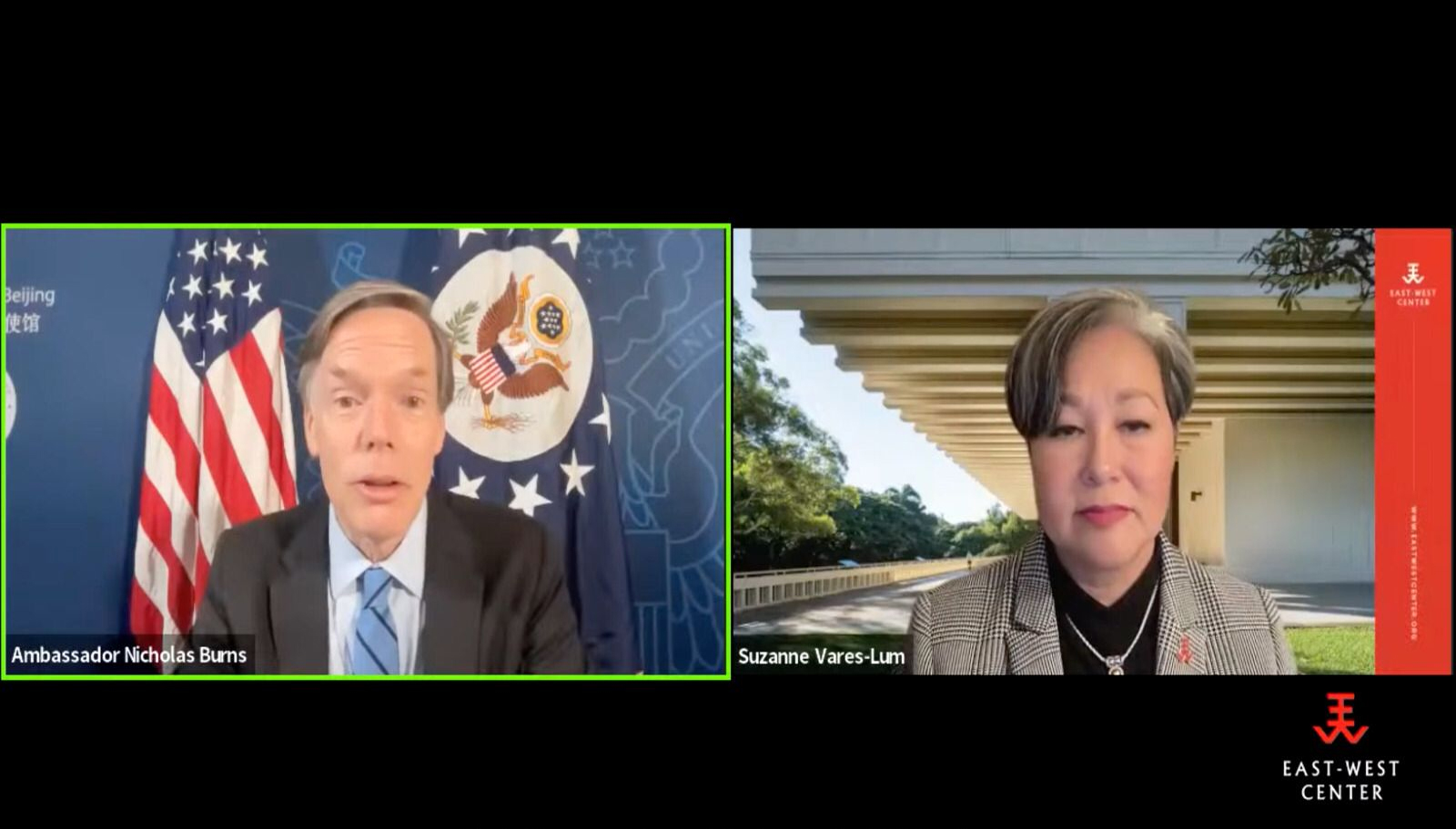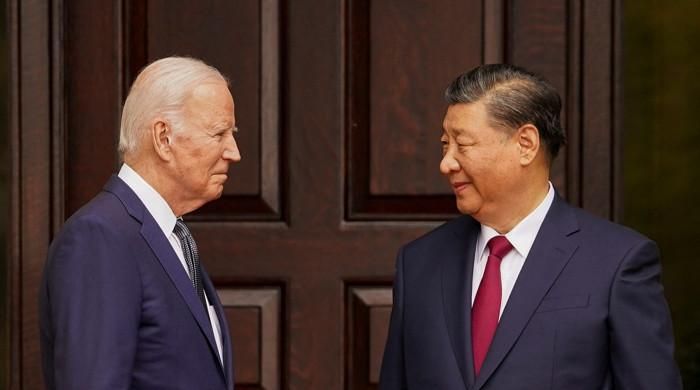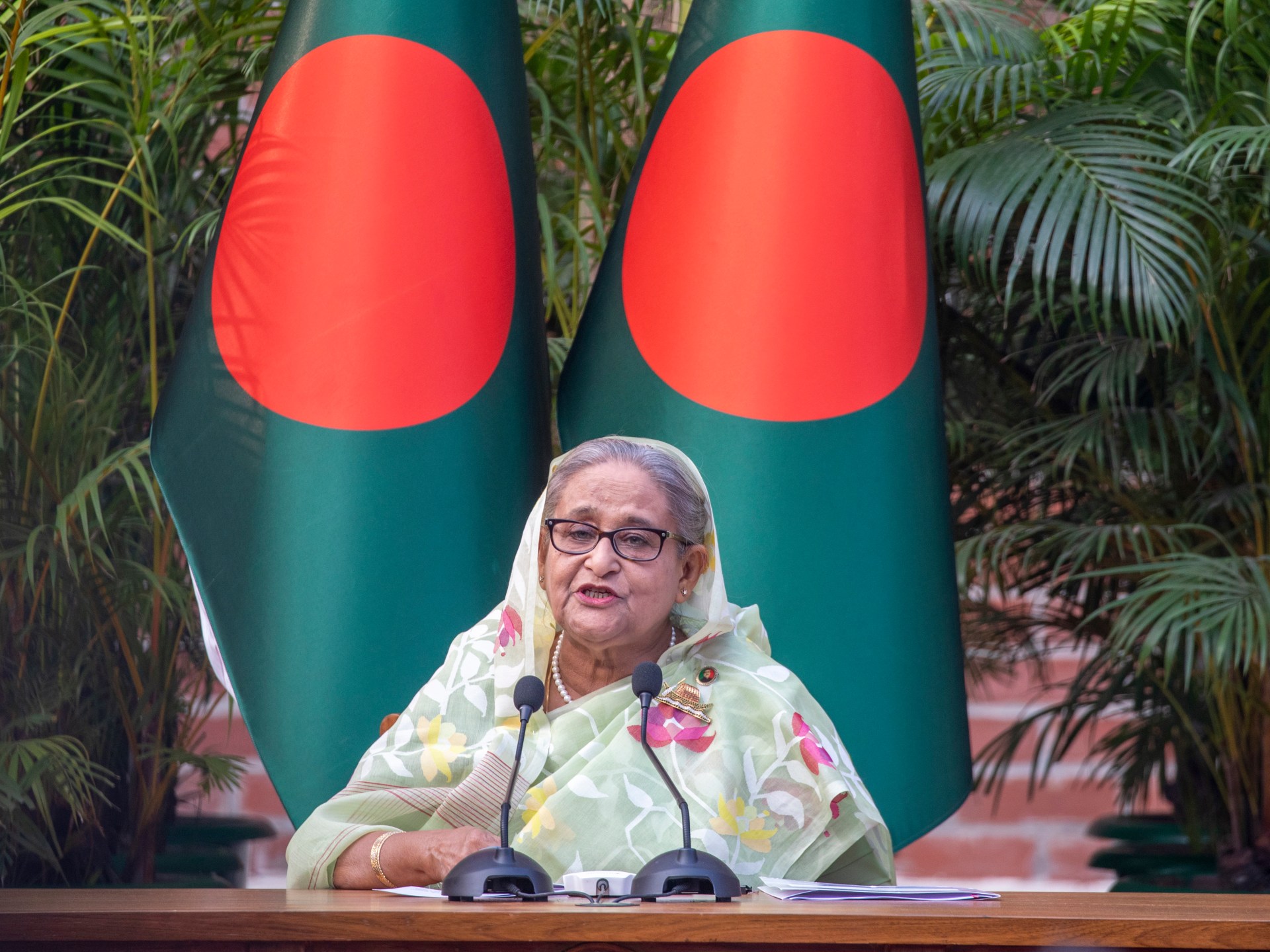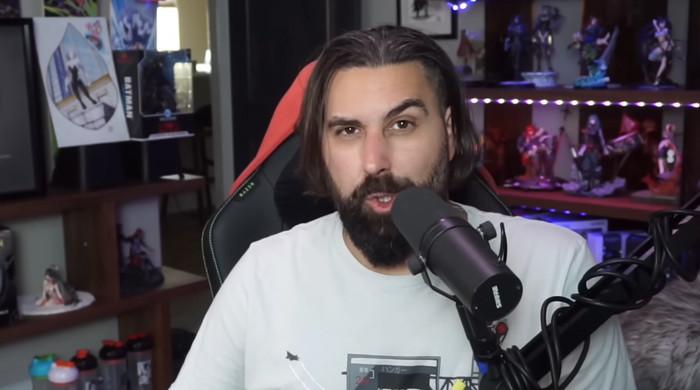The US ambassador to China, Nicholas Burns, has expressed optimism that Beijing will not eclipse Washington.
Is this bold statement from a diplomat who has served six American presidents and nine foreign secretaries of state based on fact or fiction?
Well, the answer depends on a number of factors, including the state of the economy, the advancement of technology, the level of security and the strength of the alliances that both world powers enjoy. Each of these factors requires in-depth analysis and is worth writing a book.
So let's focus on the content of the conversation Nicholas Burns had with Suzanne Vares-Lum, president of the East-West Center and analyze it with recent events.
The talk was organized to mark the 45th anniversary of the establishment of diplomatic relations between the United States of America (USA) and China.
This scribe also participated along with many others who were loaded with burning questions for Burns.

In his remarks, Ambassador Burns admitted that China has made history with “40 years of fastest rise to economic power.” Yet at the same time, he rejected projections that China will overtake the United States in terms of nominal GDP.
Taking a cue from President Joe Biden's State of the Union address that “America is rising,” Ambassador Burns said the tide is already tilting in Washington's favor.
Burns cited some metrics to support his claim that “China's growth rate is slowing.” He said: “Most of the economists I've read here, American and Chinese, predict that in one, two or three years, China will probably be down to 2 or 3% of nominal GDP, a GDP growth that is going to persist.” .
He argued that there are structural problems that are forcing China to enter a “different phase of its economic history.” The ambassador said that the lack of consumption in the economy, the real estate bubble and the real estate crisis are a big part of the economy.
The picture painted by Burns contrasts sharply with what Vladimir Putin, the Russian president's chairman, had shown.
In his interview with American journalist Tucker Carlson, Putin stressed: “It is [China] It is the largest economy in the world in terms of purchasing power parity and size of the economy. “It has already surpassed the United States, quite some time ago, and is growing at a rapid rate.”
Surprisingly, Ambassador Burns opined that the United States is booming and “if you look at transformative technologies, for example biotechnology… we are the world leader in artificial intelligence, machine learning and quantum sciences.”
Still, he admitted that for many decades the United States has witnessed ups and downs. However, he went on to state that it is time to be increasingly optimistic.
Part of this optimism is likely due to the fact that China has taken a non-aggressive approach to most developments in the region and has focused on strengthening resilience and the economy.
For this reason, some probable explosive situations can be successfully avoided. One such incident was caused by former US House Speaker Nancy Pelosi's visit to Taiwan, a supposedly self-governing island claimed by China.
The “provocative and malicious” 2022 visit could have caused “serious consequences” as China was “fully prepared for any eventuality.”
It was a diplomatic triumph that the visit aimed to contain China, transform relations, stabilize ties and promote bilateral visits.
As a result, after nearly four years of stalemate, US Secretary of State Antony Blinkin, Treasury Secretary Janet Yellen and Commerce Secretary Gina Raimondo visited Beijing for marathon talks with their counterparts.
A six-member bipartisan delegation of US senators, led by Majority Leader Chuck Schumer, also visited China. Their productive meetings laid the groundwork for the November summit between President Joe Biden and his Chinese counterpart Xi Jinping in California.
The dust settled to some extent, but the summit could not resolve all outstanding issues between the systemic rivals.
As President Biden said in his State of the Union address: “I want competition with China, not conflict. And, in fact, we are in a stronger position to win the 21st century conflict (competition) against China than any other person. than at any other time.”
Winning the conflict or competition requires battles on many fronts. Restricting the social media platform is one such measure.
China has banned Facebook, Google, Instagram, WhatsApp, X and YouTube. On the other hand, the United States is imposing restrictions on TikTok.
“I find it extremely ironic that government officials here in China have been criticizing the United States for the debate we are currently having over TikTok when they are not even allowing TikTok to be available to 1.4 billion Chinese,” Burns said.
In the last decade, technology also turned out to be at the center of that battle. After all, it is transforming the nature of military warfare, the global economy, and the way of life.
Therefore, Washington is denying sales or investments of advanced technologies in China, fearing that it could come to hunt Washington.
This is something Beijing sees as “tactics to suppress China and continued to lengthen its list of unilateral sanctions, reaching bewildering levels of unfathomable absurdity.”
The confrontation also continues on the strategic and defense borders.
To a question, Burns said the United States “in many ways is a guarantor of peace in the Indo-Pacific region and a guarantor of commercial and maritime traffic in the busiest part of the world for commercial shipping and that is the direction followed by the South and the East”. China seas, the Western Pacific and also the Taiwan Strait.”
However, there are several countries in this region that are not a close ally or partner of the United States. Most of them are an integral part of China's flagship Belt and Road Initiative (BRI). So what place do they have in the US Indo-Pacific strategy?
Burns said: “We're not forcing them to choose, but we think our model and our friendship is a very attractive proposition for these countries.” He went on to say that the world will see more attention on that.
In his own words, “A good part of our diplomacy here in our mission in China is talking to all the countries that have representation here in China about how we can work together, how we can get closer, how we can trade more.” “Often, how can they participate with us in our military exercises or participate diplomatically with us?”
Beijing believes the United States is obsessed with suppressing China but will “harm itself in the end.” However, it is a struggle for Washington to prevent China from overshadowing the United States of America.












